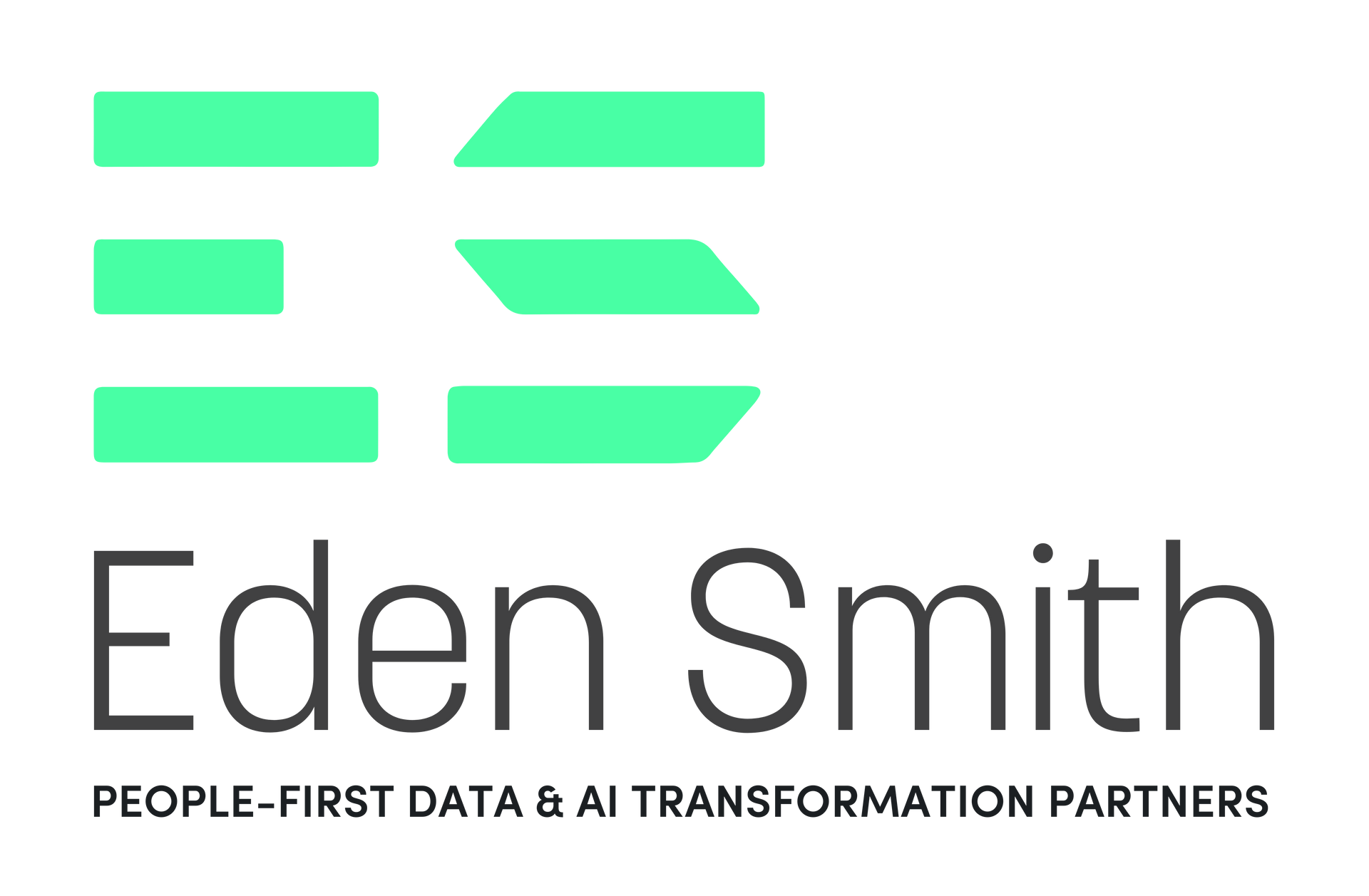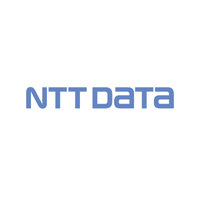Leveraging Data as an Asset
In today’s digital economy, data has emerged as a pivotal asset, driving innovation, efficiency, and competitive advantage. Recognising this, recent regulatory developments have formally acknowledged data as a critical business asset. Prompting organisations to reassess their strategies and governance frameworks.
Data as a Formalised Asset: A Paradigm Shift
Traditionally, data was viewed as a byproduct of business operations, often underutilised and undervalued. However, the exponential growth of digital technologies and the information economy has transformed data into a core asset, essential for decision-making and strategic planning. Recognising this shift, regulatory bodies have begun to formalise data’s status as an asset. Leading to significant changes in how organisations manage and leverage information.
For instance, the U.S. Consumer Financial Protection Bureau (CFPB) proposed new regulations in December 2024 to limit the sale of personal information by data brokers. These rules aim to protect consumers by ensuring that companies handling personal financial data adhere to credit reporting laws, thereby acknowledging the intrinsic value and sensitivity of data. Reuters
Implications for Business Strategy
The formal recognition of data as an asset necessitates a strategic overhaul for many organisations. Key considerations include:
- Enhanced Data Governance: Companies must implement robust data governance frameworks to ensure data quality, accuracy, and compliance. This involves establishing clear policies and procedures for data management, aligning with regulatory requirements, and mitigating risks associated with data mishandling.
- Strategic Partnerships: Leveraging data can unlock new business opportunities through strategic collaborations. By analysing customer behaviour and preferences, businesses can identify potential partnerships that enhance customer experiences and drive growth. For example, insights into consumer purchasing patterns can lead to innovative product offerings and cross-industry alliances. vox.com
Role of Data Leaders in Navigating the New Landscape
As data becomes central to business strategy, the role of senior data leaders has evolved to encompass broader responsibilities:
- Advocacy and Education: Data leaders must champion the importance of data as a strategic asset within the organisation. Fostering a culture that values data-driven decision-making and continuous learning.
- Compliance and Ethics: Ensuring adherence to evolving regulations requires data leaders to stay abreast of legal developments and implement ethical data practices. This includes safeguarding consumer privacy and maintaining transparency in data usage.
- Innovation Facilitation: By harnessing data analytics and emerging technologies, data leaders can drive innovation, optimise operations, and enhance customer engagement, thereby contributing to the organisation's competitive edge.
Summary
The formalisation of data as an asset marks a significant milestone in the digital era, compelling businesses to rethink their strategies and operational models. For data leaders, this evolution presents both challenges and opportunities to steer their organisations toward a data-centric future. Where informed decision-making and strategic agility are paramount.
Unlock the full potential of your data! Implement robust governance, foster strategic partnerships, and stay ahead in the digital economy. Start leveraging data as your most valuable asset today, simply send me an email or reach me on LinkedIn at Jane Smith.











